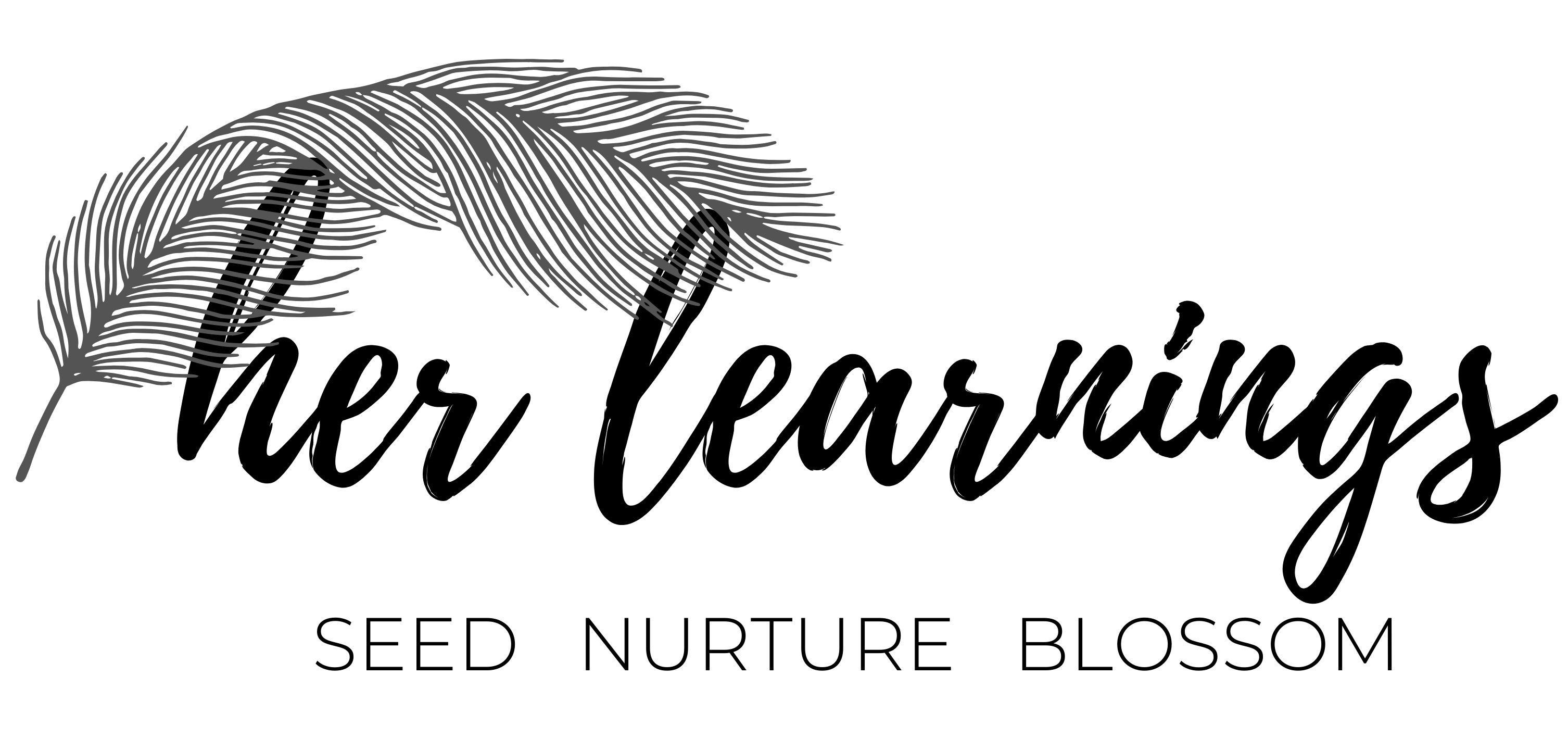What would it take to have the courage to say yes to opportunities? Do you say yes to engage fully with life? Have you ever experienced an instance, when an opportunity presents itself to you which you want to say yes and instead say no?
You might very well know that saying yes is ideal, yet there is this resistance in you to reject the choice which could opens you up to better possibilities in life! Have you wondered why we resist?
I often hear the word courage used synonymously with strength. I am always willing to explore the nuances hidden in the name and see what I could learn from it.
The dictionary meaning of courage is the ability to do something that frightens one. Courage is also an act of strength in the face of pain or grief. Both these meanings make sense to me, especially when I think about courageous acts I have heard of or witnessed.
I am often filled with awe when I hear about or look at underdog success stories in movies and real-life situations. More than war stories where you have a visible enemy that people fight, I like the stories with invisible enemies or villains.
Examples of unseen villains of our lives could be an unexpected situation or challenge out of a physical disability or poverty or social injustice. I love it when the underdog protagonist responds to adversities with strength, grace, and poise. Heros of the story keep using opportunities and take risks that come their way.
My inspiration for courage:
One of my favorite real-life heroes who I admire most for the power of courage is Oprah Winfrey. I love the way she has deceived the invisible villains in her life. Oprah is the inspirational woman today, regardless of who she was born. She rejected the idea of the society for who she was supposed to be. Oprah did not succumb to horrific things that happened to her when she was growing up.
Oprah had enough courage to overcome her grief and pain and constantly act on her strength and take opportunities to engage with life. It is no wonder or accident that she is one of the most influential women and a beacon of hope to millions of people around the world.
Being inspired by Oprah and so many others, I would dare to be courageous to make some life choices. Though, sometimes I was not sure which opportunity to take and which ones to leave. I did not want to take a chance merely to prove that I am courageous. I wanted my choices to align with the purpose and goals of my life. Here is where I felt it was tricky because I might fall into taking risks in life that are not worth taking in the long run.

Here is the seed of thought I began to nurture:
I ask for Courage
To Engage without regrets
For more seeding thoughts like this click here
Could I learn from the rivers that dare to forge their unique path and say yes to flow with joy and melt the rocks that come their way?
A glimpse of insight:
When I observe my decision criteria for making critical decisions, I became aware of being a risk-taker by nature and a prudent one by my own definition. Having spent decades professionally in the area of risk management in the consulting and corporate world, I know that Risk Management is a vast topic in its own right.
My professional experience enabled me to draw and articulate my own model of taking risks in my life that fits me best. Now you might get a hint that I could talk about this for hours, which is probably true. For now though, let’s keep it simple and brief.
What I have experienced and learned so far is that every opportunity presents itself a choice to make changes and transformation in life. It is my willing response to engage in that opportunity, which really transforms my life and eventually me!
I desire more courage that allows me to engage in opportunities so that I do not regret missing it. In other words, I do not want to regret the things I did not do/try. I do not think it is worth my time to sit and beat myself up thinking if I had taken that choice last year, I would have more money, or life would be easier, or I would have achieved something, so on and so forth.
What I learned about courage:
To me, having the courage to engage in life means a few things:
Firstly, having courage means I take actions on opportunities that align with my purpose, mission, goals, and values.
Clarity on my purpose, mission, goals and values helped me to filter out what really mattered to me even though the opportunities that I chose not to engage in were very attractive!
If you want to get some ideas and insights on your purpose or mission or your goals, do refer to articles: “Where am I heading?” and “What do I really want in life“
Secondly, having courage means I do not regret the consequence of making that decision that I chose. I do my best to prepare for any consequences of the decision I made, whether the experience is good, bad, or ugly. And precisely, this is where courage comes to my rescue to manage the adversities that I was not expecting.
This way, when I spelled out the possibilities to my mind in advance, I could stay centered and sustain my decisions. Eventually, I was even able to transform myself and shift my perspectives for a better experience of life instead of regretting the result of my decision.
Thirdly, having courage means that when I feel there are not enough opportunities coming my way to engage more in life, I remind myself to be patient and wait. My trust in the benevolent universe has always ensured the wait is not long and has regularly answered my calls promptly!
This clarity helped me immensely, for example, when I chose to start my family, even before I finished my professional education. It certainly added a lot of challenges along the way that shaped my education, career choices and life experiences in a unique way, all of which provided more opportunities for transformation.
Practical ways you could consider to make effective decisions:
- Analyse the costs and benefits of the opportunity presented to you. Listing down the pros and cons of your tentative decision is a good start.
- Consider the consequences of accepting the opportunity, rejecting the opportunity, or passing it on (no action to accept or reject). This means growing awareness of opportunities that currently might not be visible to you because you might feel you are not ready for it or don’t have enough courage to take it on.
- For an effective costs and benefits analysis, include the tangible aspects such as money, time, more opportunities as well as intangible elements such as satisfaction, alignment with purpose, enriching relationships, happiness, the overall wellbeing of the individual as well as family/group etc.
- Understand the likelihood of the consequence happening in your best judgement. This way, you could make the exercise more objective without tilting towards extreme optimism or pessimism.
- Understand the resources (time, money, energy, external support system etc.) you have got to handle the most likely outcomes and consequences or side effects of the choices you would make. This understanding will give you an idea of how long you could sustain walking this path lead by your choice.
- Sometimes, there is a conflict between my heart and brain. Your brain could reject a particular choice as it predicts many negatives outcomes. Yet, your heart might prefer the exact same decision.
In such cases, I believe it is a good idea to listen to that voice of your heart. In my experience, I have often relied on this intuition from my heart and made the decision. Let me also tell you that these choices were the ones that came with loads of challenges which my mind was able to foresee and probably why it was resisting.
To my surprise, those decisions that I made from my heart have stood out as the most rewarding choices in the long term. And, it came with a added bonus of more courage, strength and support that I could collected in the process of walking the path of choice.
Let’s Reflect:
Now in the light of this topic, are you willing to explore these questions? It would be best if you could write them down. Contemplate and see if you surprise yourself.
- When do you ask for more courage?
- What was the most courageous act you did in your life? It could be a stand-alone action or a choice you made at some point in your life or any other situation.
- What opportunities were you able to take in your life in spite of the risks involved?
- Do you have any regrets about taking any opportunity or missing any in your life? What are they?
- How do you handle the negative consequences of the choices that you make? Is there a better way to handle them?
- What insights have you drawn on courage from your own life or any other way?
- How would you reframe your ask on courage that best suits you?






